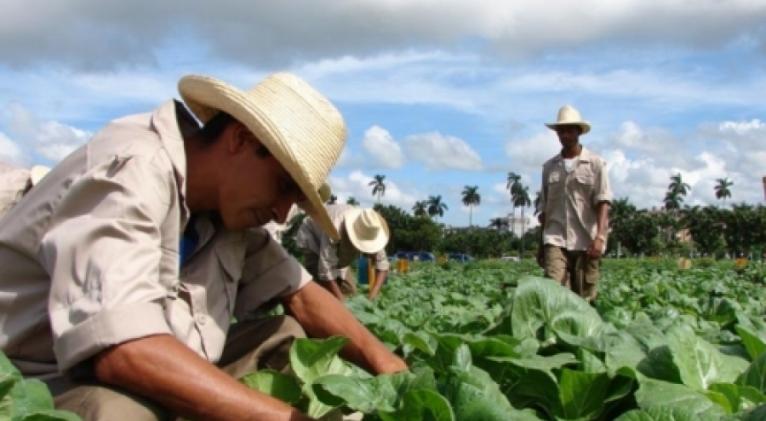The signing of the document in 1959 by Fidel Castro at La Plata Rebel Army general command in the Sierra Maestra mountain range, in eastern Cuba, had a special symbolism because it took place on the date on which, 13 years earlier, peasant leader Niceto Perez was assassinated in the hands of large landowners.
Such law allowed that large estates belonging to local and US landowners were delivered to thousands of rural workers, who thus became owners of plots of land, and received other benefits previously denied to them, such as access to healthcare, education and housing.
The Agrarian Reform Act was also an elementary necessity for the economic take-off of the country, which still had semi-feudal forms of production that hindered its development.
Those facts also motivated the founding of the National Association of Small Farmers (ANAP) in 1961.
Upon congratulating the Cuban farmer sector on the anniversary, National People’s Power Assembly (Parliament) President Esteban Lazo highlighted the importance of this sector in the nation’s efforts to achieve food sovereignty and security, in a context marked by the global crisis.
This year, the center-south Cuban province of Cienfuegos hosts the central activities for Farmers’ Day.
pgh/iff/jcm/evm









